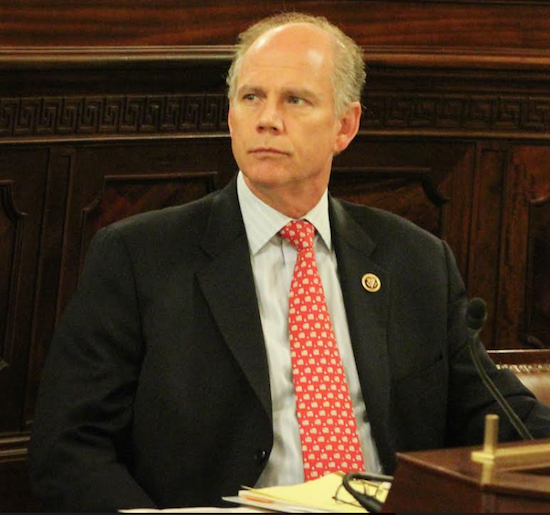Donovan warns of ‘patient brokering’ by drug clinics
Lawmaker says facilities pay 3rd parties for referrals

U.S. Rep. Dan Donovan is sounding the alarm over so-called “patient brokering” allegedly conducted by drug treatment centers. Photo courtesy of Donovan’s office
Brokers aren’t just on Wall Street, according to U.S. Rep. Dan Donovan, who said there are brokers in the healthcare industry as well.
Donovan expressed concern over what he said is a growing trend of “patient brokering” in the drug rehabilitation industry.
“Patient brokering” is a practice in which drug treatment centers or third-party referral services offer cash in exchange for patient referrals, Donovan said.
